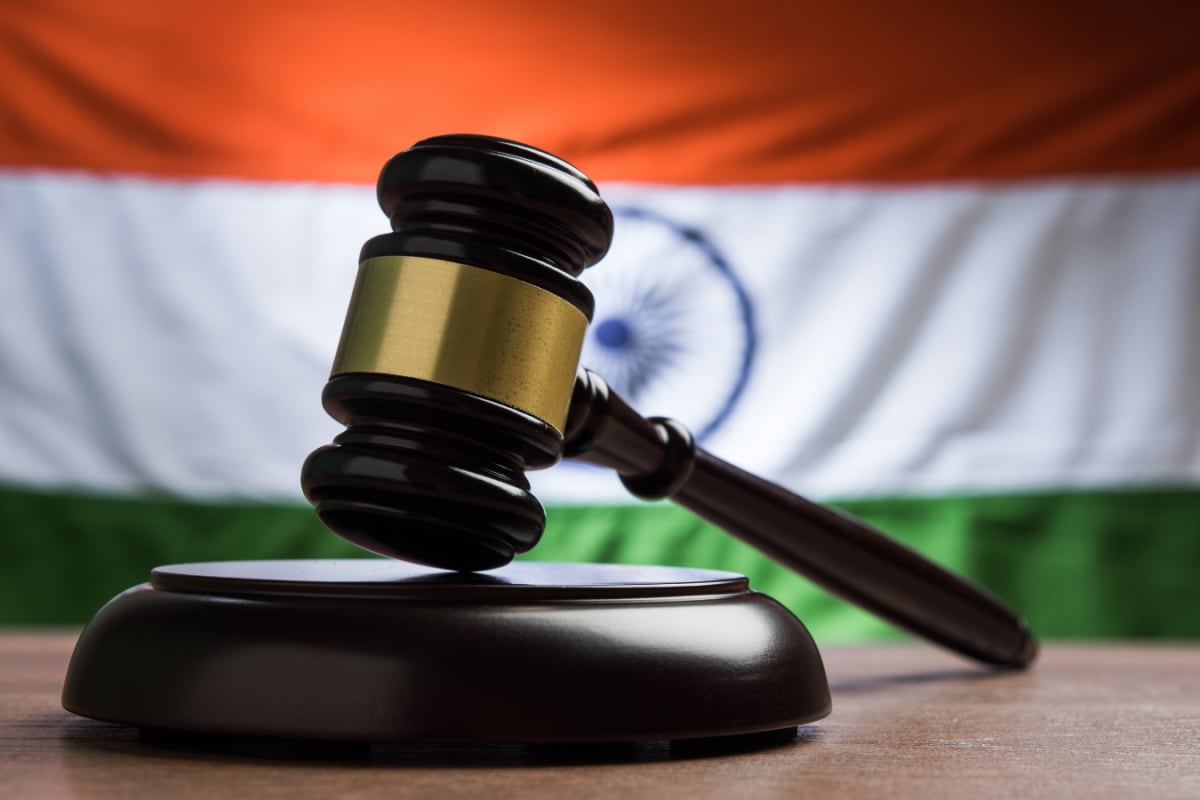

In a recent and extraordinary ruling, the Madras High Court has upheld the conviction of a man found guilty of rape under coercion and has directed prison authorities to ensure the convict undertakes labor during his imprisonment. The court has further mandated that the wages earned by the convict be equally distributed between the child born to the rape survivor and another child born to the convict's wife.
The High Court's decision emphasizes that "mere conviction and sentence of imprisonment" are insufficient to deliver true justice, especially considering the impact on the children involved. Justice Ramakrishnan, presiding over the case, expressed the court's sentiment, stating, "…therefore, considering this extraordinary situation that demands an extraordinary remedy, this Court with a heavy heart hereby directs the jail authority to extract labour from the appellant and his salary is to be disbursed equally to the child born through P.W.1 and the other child born through his wife."
The court's ruling reflects a deep consideration of the victim's plight and the responsibilities of the convict. Instead of contributing to society and supporting his family, the convict left the victim in a helpless state, forcing their child to grow up without a father and under social stigma. The court also referenced Dr. BR Ambedkar's advocacy for empowering marginalized communities, noting that the appellant had instead added to the suffering of oppressed women.
The Madras High Court also addressed the fundamental rights of prisoners, emphasizing reformation over exploitation. In a related case from October 29, 2024, the court, comprising Justice S.M. Subramaniam and Justice V. Sivagnanam, underscored the need to protect prisoners' rights and hold prison authorities accountable. That case involved allegations of abuse and forced labor inflicted on a life convict, Sivakumar, with the court stressing that incarceration aims at reformation, not exploitation.
The court referenced Rule 472 of the Tamil Nadu Prison Rules, 1983, which specifies that convict prisoners can be utilized for certain works under the written orders of the Superintendent. The court took the allegations seriously, noting that Sivakumar's statement and evidence pointed to prima facie abuse and violations of rights and ordered an investigation into the conditions. The court asserted that prisoners' loss of liberty is punishment enough and that depriving them of basic necessities and rights constitutes a gross abuse of power.
In a separate but related case, a man convicted of sexually assaulting a 19-year-old student at Anna University was sentenced to life imprisonment, with no remission for 30 years. The crime, which involved the accused trespassing onto the campus, attacking the student, and recording the assault, sparked widespread protests and political controversies in Tamil Nadu. The Madras High Court ordered the formation of an all-women special investigation team to probe the assault and a related FIR leak, further highlighting the judiciary's commitment to addressing sexual assault cases with utmost seriousness.